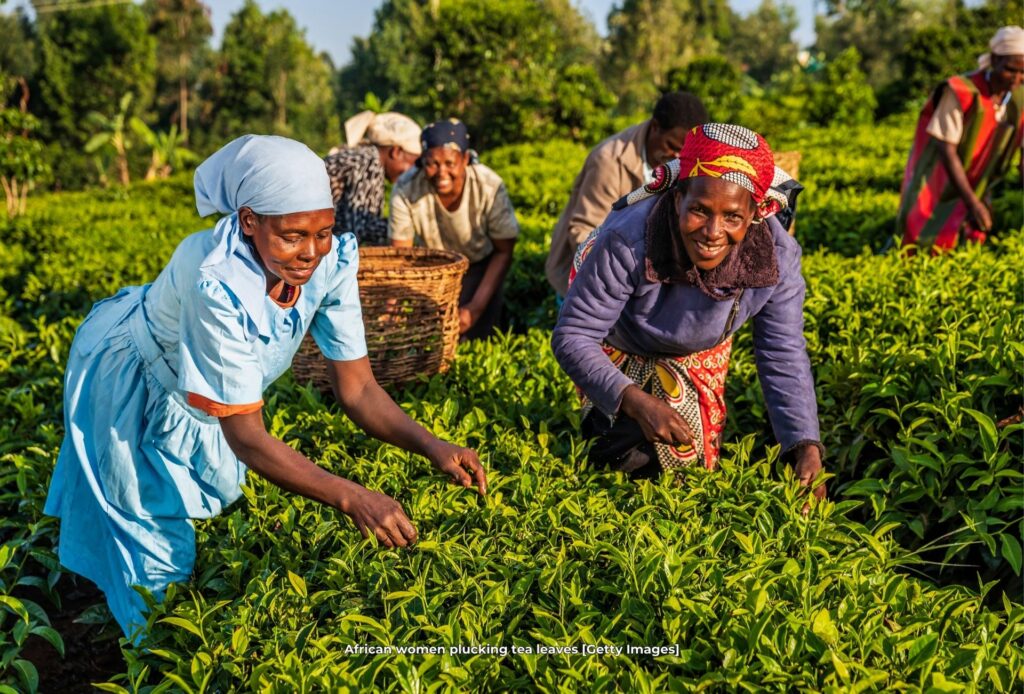Community Farming support systems in Malawi: Dima, Kalimalima, Chiwira, Chikuti, Vwila

Credit: ©Getty Images via Canva.com
| Giver: | Community |
|---|---|
| Receiver: | Individual or unstructured/informal group |
| Gift: | Other |
| Approach: | Philanthropy |
| Issues: | 1. No Poverty, 10. Reduced Inequalities, 2. Zero Hunger, 3. Good Health and Well-Being |
| Included in: | African Philanthropy Narratives |
Background
In Malawian society, as is the case with most African societies, philanthropy or giving is an integral part of community living. It comes in various forms but it is a practice which provides for sharing, helping needy people, giving (with or without reciprocal benefits in return) to the community and supporting friends and relatives. Scholars have emphasized the importance of solidarity within philanthropy by arguing that as human beings, we cannot think about ourselves without reference to others, and that social relationships are a resource which, if utilized, can lead to developing social capital (Makuwira, 2021).
Community Farming Support – a Form of Community Philanthropy
Malawi has many forms of philanthropy serving different purposes, including: giving (kupereka mothandiza) when there can be an expectation of reciprocity and gifting (kupereka mphatso) when there is no expectation of reciprocity: these happen in times of celebrations such as weddings (ukwati) and initiation ceremonies (chinamwali); to support an individual, family or community in times of illness or funerals (chithandizo); supporting individuals and families to accumulate assets such as a house, livestock and crops (chithandizo); supporting vulnerable individuals or households to survive by working in their gardens (chithandizo, ntchito za chifundo); supporting the vulnerable (orphans, elderly, people with disabilities, chronically ill) with food, repairing their houses, drawing water for them (chithandizo, ntchito za chifundo); constructing community and public facilities such as school blocks, health facilities, roads and bridges (ntchito za chitukuko); and contributing to religious activities such as church gatherings, at Easter and Christmas Celebrations, and to others in the muslim month of Ramadan.
One striking example occurs when communities (especially at village level) come together during the farming season to work on a piece of land that belongs to vulnerable families or households - orphans, elderly, a person living with disability, someone chronically ill, etc. Recognizing that these households are labor-constrained, communities get together and assist them so that they are also able to produce food. This work involves tilling the ground and preparing the garden, planting which is mostly done by women and young people, weeding, harvesting and storage. The practice has different names in different areas: Dima, Kalimalima, Chiwira, Chikuti, Vwila. This contribution is given free of charge, on the principle of community generosity and solidarity. At times, as a reflection of appreciation, member(s) of the village or community contribute a small amount of resources (money, meal, beer) for those working. In the latter scenario, although those working on the land get something small in return, the amount of work and effort involved is not commensurate with the reward. It thus is not considered a financial transaction, but community philanthropy driven by the spirit of solidarity. In cases where communities work for pay in the communities, the practice is called ganyu.
Community farming support is not identified with specific cultural or ethnic groupings. It is practiced in most Malawi communities although of late it is strong among people who share a religious background and affiliation. In this practice, communities are mobilized through the village head or local chief, with the following motivations: the spirit of helping one another; sympathy and empathy; an understanding that anyone can find themselves in a similar situation and will need support; and the spirit of solidarity. The practice largely comes from traditional and cultural beliefs and practices, grounded in values of solidarity and empathy. However, over the years the practice has been strengthened and reinforced by religious beliefs – love thy neighbor as you love yourself.
In recent times this practice has seen some decline in Malawi. Contributing factors include urbanization, more focus on nuclear family, and a decrease in communal structures, as well as the influence of capitalistic tendencies of competition as opposed to cooperation and solidarity and more individualistic as opposed to communalistic identities. The structures that still commonly and consistently use the practice are religious institutions.
Contributor: Robert White
| Source type | Full citation | Link (DOI or URL) |
|---|---|---|
| Publication |
Community Philanthropy in Malawi (Draft 2021), J.J. Makuwira |
- |
| Private Communication |
Booker Matemvu |
- |
| Private Communication |
George Khakhi |
- |
| Private Communication |
Milward Tobias |
- |
| Private Communication |
Dr. Chrispine Mphande |
- |
| Private Communication |
Moffat Njatiyamphongo |
- |